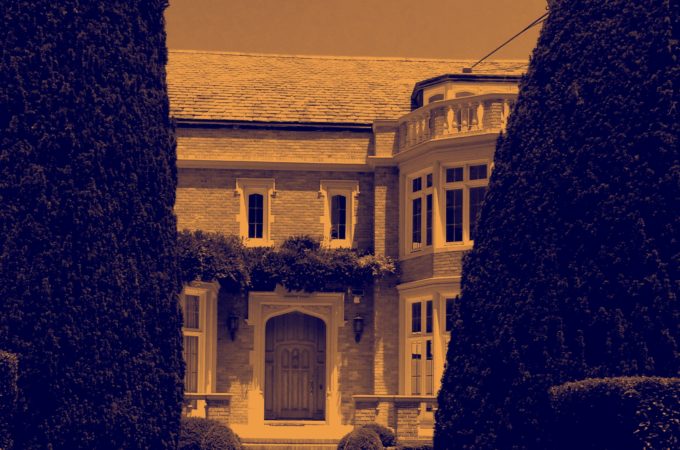This blog post was written by Alicia Mossington, Estate and Trust Consultant, Scotiatrust London Executors in Ontario are often required to obtain a Certificate of Appointment of Estate Trustee (colloquially and historically referred to as “probate”). Although Estate Administration Tax (“probate tax”) is applicable across many jurisdictions in Canada, it…
Category: Resulting Trust
The benefits of joint property ownership as an estate and probate planning strategy are well known; property vests to the surviving owner(s) on death thus, bypassing the estate and avoiding probate fees. In the right circumstances, joint ownership works great and facilitates the succession of the property. However, what may…
This blog has been written by Lily MacLeod [Associate] at Fasken LLP It is common for an elderly parent to set up a joint bank account with their adult child. This enables the child to help manage the parent’s finances freely and efficiently (either as the parent’s attorney for property…
There are a few occasions when you want someone who is not you to have as much money as possible. The first situation is when you are a beneficiary of their estate. The second situation is when you seeking an equalization payment under the Family Law Act. In both situations,…
Families often fall into patterns and routines; they are comfortable, stable, and predictable. They can also give rise to legal rights over land. The extent and enforceability of those rights is often put to the test following death or divorce. Such was the case in Tomek v Zabukovec, 2020 ONSC…
These days, it is quite common to find intergenerational wealth transfer to consist of property held in a discretionary family trust whose beneficiaries may or may not have been in marital relationships at the time of the time the trusts were created. A siginifcant number of legal and financials issues…
The Rippling Effects of Calmusky v. Calmusky In March of 2020, Lococo J.’s decision in Calmusky v. Calmusky made waves in Ontario’s legal community. (For this reason, it was included in our top 20 estate law cases of 2020. An excellent summary and analysis of that decision by my colleague…
On March 16, 2020, the Superior Court of Ontario released its decision in Calmusky v Calmusky. In Calmusky, the Court applied the presumption of resulting trust to a RIF that was designated to a particular beneficiary. The beneficiary was unable to rebut the presumption, and the Court ordered that funds…
The gratuitous transfer of property from a parent to an adult, capable child may result in a resulting trust.
Much has been written in this blog space and many others on this topic. Several times a year (in some years more often than others), we are asked in our practice about to advise on succession or estate planning issues for the family cottage. I was recently alerted to a…







